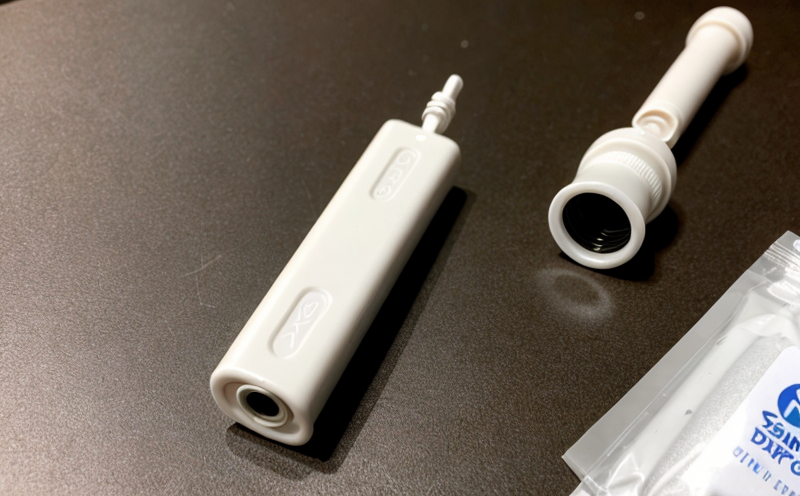Disposable & Single-Use Device Testing
In today's healthcare landscape, disposable and single-use medical devices play a critical role in ensuring patient safety, reducing cross-infections, and enhancing hygiene standards. These devices are designed for one-time use to minimize the risk of contamination between patients. However, their short lifecycle also means they must undergo stringent testing to ensure compliance with international standards and regulatory requirements.
Our comprehensive testing services encompass a wide range of disposable and single-use medical devices including syringes, catheters, surgical drapes, wound care products, and diagnostic tools. Each device type has unique characteristics that require specialized testing methods tailored to their specific applications and intended use by healthcare professionals.
The testing process begins with thorough material analysis using advanced spectroscopy techniques such as FTIR (Fourier Transform Infrared Spectroscopy) and XRF (X-ray Fluorescence). This ensures the materials used are safe, non-toxic, and biocompatible. Following this, we conduct biocompatibility tests in accordance with ISO 10993 standards to evaluate potential adverse reactions when the device comes into contact with human tissues.
Leakage testing is another crucial aspect of our service offering. We use sophisticated leak detection equipment such as helium mass spectrometry systems which can detect leaks down to parts per million levels, ensuring that devices meet stringent safety requirements for aseptic conditions. Sterility testing follows using ISO 11737-1 and EN ISO 11737-2 specifications to verify the sterility of the device throughout its shelf life.
Our team also performs durability tests to assess how well these devices hold up under typical use conditions. This includes mechanical strength testing, abrasion resistance testing, and fatigue testing among others. For instance, in the case of catheters, we simulate real-world insertion forces and bending angles to ensure they do not fail prematurely.
In addition to physical tests, our laboratory adheres to rigorous chemical analysis protocols to identify any potential contaminants or residues that could compromise patient health during use. We follow ISO 15223-11 guidelines for biocompatibility assessment which covers various aspects like cytotoxicity, sensitization, and hemolytic activity.
For devices intended for contact with blood or other bodily fluids, we conduct viral inactivation studies to demonstrate the effectiveness of sterilization processes. These tests help ensure that even if a device is accidentally exposed to infectious material, it remains safe for subsequent use.
The results from our comprehensive suite of tests are meticulously documented and reported according to ISO 15189 requirements ensuring transparency and traceability throughout the entire testing process. Our reports not only provide detailed findings but also include recommendations for improvements if necessary.
| Standard | Description |
|---|---|
| ISO 10993-1 Biocompatibility Testing | Assesses biological and toxicological characteristics of materials intended for contact with human tissues. |
| ISO 15223-11 Sterility Assurance Level Determination | Establishes the sterility assurance level achieved through sterilization processes. |
| ASTM F73 Sterility Testing of Single-Use Medical Devices | Provides procedures for conducting sterile tests on single-use medical devices using microbial challenge. |





